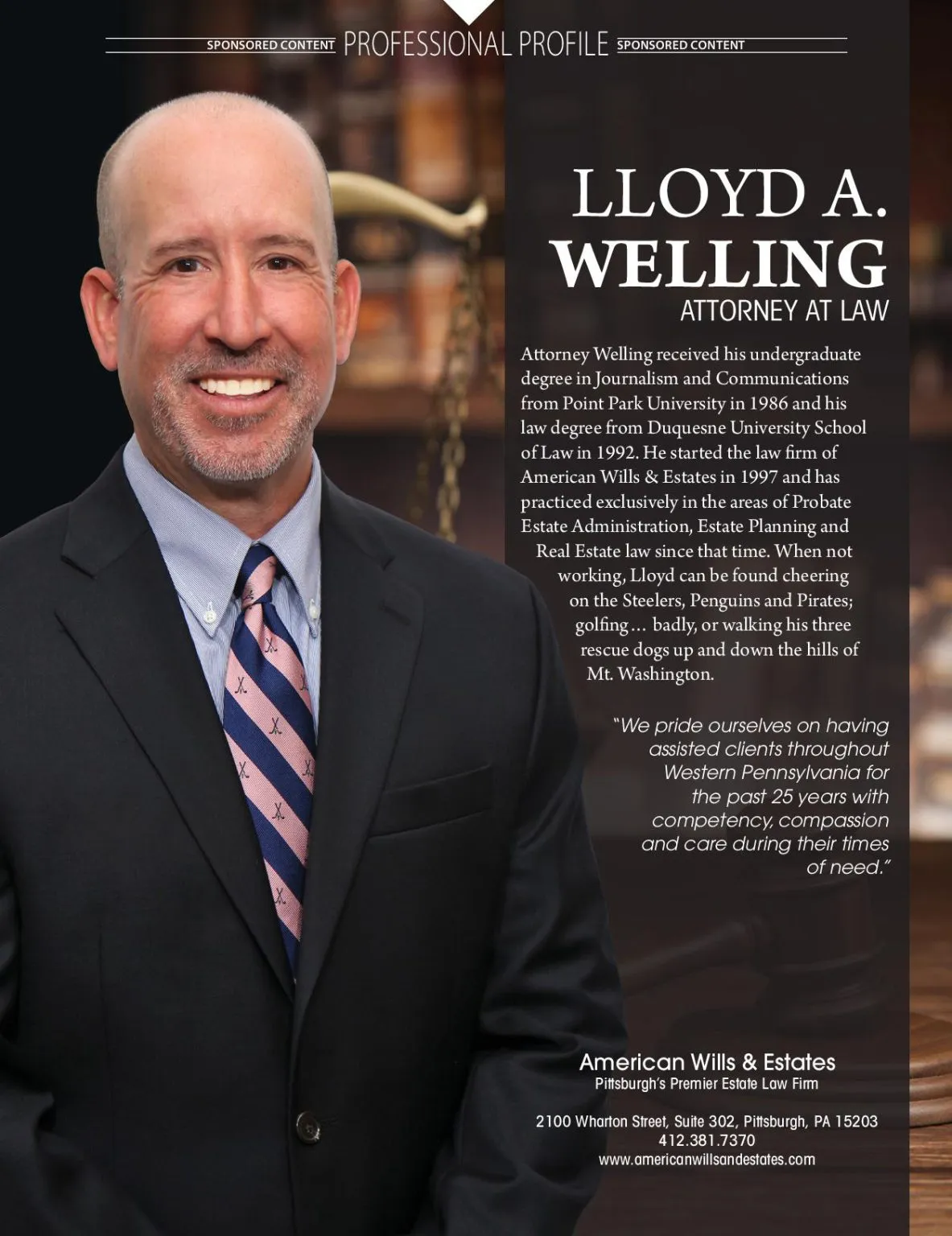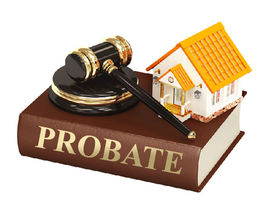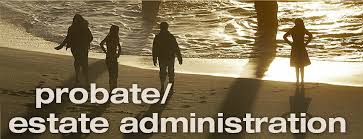Here’s an interesting article that I came across that does a nice job of explaining why choosing the right Executor to handle the administration of your estate is so important. Picking the right person can go along way towards avoid a lot of headaches and problems for your heirs after your death. Remember, not having any estate plan at all is still the biggest estate planning mistake you can make. If you’ve been procrastinating about getting a Will, a Durable Power of Attorney and a Living Will in place, give us a call today at (412) 381-7370 or visit our law firm on line at www.americanwillsandestates.com We’ve been proudly assisting clients in Pittsburgh and throughout Western Pennsylvania with all of their estate planning needs with competency, compassion and care for over 25 years. Give us a call today.
Don’t Let The Wrong Estate Executor Rip Your Family Apart
When drafting a will, parents often name one of their children to be the executor of the estate. They may choose the eldest child, the child who lives the closest or the child they spend the most time with. While this is the most common method of deciding on an executor it can also rip your family apart. No matter how well written your will, the executor is put into a position of power that allows them to divide your assets in a manner that may be totally different than how the other beneficiaries would interpret the will. Brothers and sisters become bitter enemies, sometimes for life, over the different ways an estate can be divided legally under the will. In addition, easy to move assets such as household items may be taken by one person without the consent of the others.
The first thing that typically happens is that one child goes into the house without the others and takes things for themselves at random such as photos, coin collections, family heirlooms and whatever cash they find. This is not the rare exception. It is the most common scenario paving the way to animosity and feuds before the will is even read. Unless the will specifically lists items and who they should go to, the culprit usually gets away with what they’ve taken. It may be that one child believes they are entitled to more, regardless of the will. They may think their portion should be more because they spent more time with you. Another child may expect more because their personal circumstances aren’t as comfortable as their brethren. Yet another child may believe they are entitled to more because they gave you more grandchildren. The term “fair and equitable” has a different meaning for each of your beneficiaries and the one put in charge of the division will carry it out as per their own interpretation, often leaving the others angry and bitter and turning your estate into an ugly family feud. There are several ways that your will can be interpreted and manipulated by the executor. If you own a house and one of the beneficiaries wants to buy it from the estate, a value must be put on the house to determine the buyout amount. This value is easily manipulated and whoever has access to the appraiser can steer that appraiser to value your home higher or lower than the actual value. What should have been a clear and straightforward valuation becomes murky, putting more money into the pockets of some and less into the pockets of their brethren.
Regardless of whether the home is sold to a beneficiary or put up for sale on the open market, other decisions relating to your home include whether to replace, repair or upgrade items such as carpeting, paint, wallpaper, roofing, siding, heating and air systems and even the landscaping prior to a sale. Should the home be sold as is as quickly as possible? How much work should be done prior to the sale? Who chooses the contractors? Can someone choose a friend to do the work and siphon money by having the friend create a false invoice? If the home is not immediately put up for sale the next item of contention involves the expenses to maintain the home. Utilities, lawn care and other expenses can quickly add up, eating away at the estate. If one beneficiary moves into the home, their personal expenses get intermingled with the estate expenses causing mistrust and animosity from the other beneficiaries. Just because your child would have treated you with honesty and respect doesn’t mean they will treat their siblings with the same sense of fairness. Consider the relationships between your children. Has there ever been a jealousy issue? Do they see each other only on holidays or are they best friends? What you saw as a bit of jealousy in your lifetime becomes greatly amplified when you are gone. If they weren’t best friends before they won’t suddenly become best friends after. Whatever civility they showed for your sake will quickly evaporate into bitter squabbles.
Your prized possessions become pawns in a war. Should they be divided or sold and who determines whether the division is fair? Who gets great grandma’s china? Who gets your old war medals? Should everything be sold? If sold, should an independent estate liquidator be put in charge or should it be just a giant garage sale? What if one child is willing to accept a sale of $150 for the bedroom set but another child believes it should not sell for less than $650? What happens to your car, especially if it’s fully paid for? The fairest solution is an immediate sale to someone not involved in the will with the proceeds being divided among the beneficiaries. What if the executor doesn’t sell the car right away and chooses to instead drive it for awhile? The estate is being put at risk and the car is being devalued creating another bone of contention between your children. Even with the simplest will, there are many decisions that must be made by the executor. Declaring a straightforward split by percentage doesn’t even begin to protect your beneficiaries from bad decisions, greed, ineptitude, jealousy, improper valuations and the many other factors that can benefit one child at the cost of the others. While technically you could write a will that would spell out every minor detail, even that would not protect your children from an ugly family war. Your safest choice, even if it costs the estate a percentage for the executor fee, is to name an executor who is not also a beneficiary of the will, and who is not emotionally invested in one child over another.
An attorney is a good choice as long as he doesn’t also represent some of your children in other matters. Even attorneys can tip the scales if any of the beneficiaries put money in their pocket for other issues. Your problem children who need a lawyer for their misdeeds might benefit over the good kids who never need to call an attorney. Lawyers will lean toward the person who is buttering their bread. To prevent such tipping of the scales your executor must be completely and totally unbiased. You can name anyone you wish to be the executor of your estate including your banker, accountant or best friend. Make sure beforehand that the person is willing to be your executor and provide compensation in the will for the many hours of time they will spend doing the job of executor. Most wills name a backup executor as well, in case the first choice cannot or will not take the job. As long as the person you choose has no emotional ties to the beneficiaries to influence any decisions made, or you fully trust that person to be as fair and honorable as they can possibly be, choosing an executor who isn’t also a beneficiary offers the best chance for a fair and equitable division of your estate. Protect your family. Allow your children to grieve for you and comfort one another rather than fall into a bitter family war they might never recover from. Choose your executor wisely.














